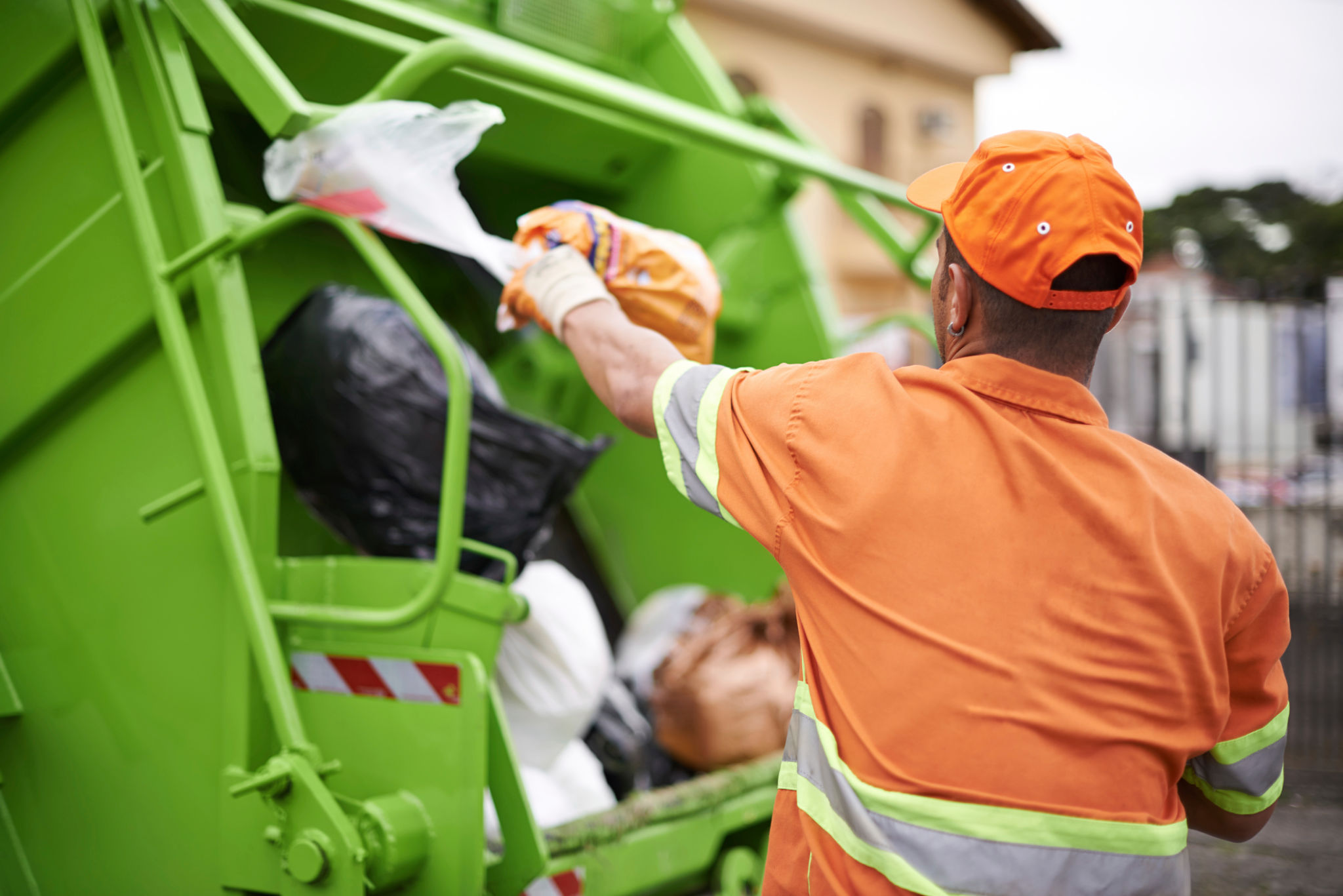Case Study: Successful Rubbish Removal Projects in Greater Manchester
JG
Introduction to Rubbish Removal in Greater Manchester
Rubbish removal is a critical service for maintaining the cleanliness and sustainability of urban environments. In Greater Manchester, several projects have been executed successfully, showcasing innovative methods and strong community involvement. This case study explores these projects, highlighting key strategies and their impact on the local environment.
Project Overview
Several initiatives have been undertaken in Greater Manchester to enhance rubbish removal efficiency. These projects involve collaboration between local councils, private companies, and community groups. By analyzing these efforts, we can gain insights into effective waste management practices.

Community Engagement
A significant factor in the success of rubbish removal projects is community engagement. Local councils have organized awareness campaigns and educational programs to encourage residents to participate in waste reduction efforts. These initiatives have led to increased recycling rates and more responsible waste disposal practices.
Engaging the community not only raises awareness but also fosters a sense of responsibility among residents. Volunteer clean-up drives and workshops have been instrumental in empowering individuals to contribute actively to waste management efforts.
Innovative Technologies
Technology has played a vital role in modernizing rubbish removal processes. In Greater Manchester, smart bins equipped with sensors that monitor waste levels have been deployed. These smart bins optimize collection routes, reducing fuel consumption and emissions.

Additionally, mobile apps have been developed to help residents schedule pickups, report illegal dumping, and access recycling information. These digital tools enhance communication between residents and waste management authorities, ensuring timely and efficient service delivery.
Private Sector Collaboration
Partnerships with private companies have been crucial in executing successful rubbish removal projects. These collaborations provide access to advanced technologies and expertise in waste management. Private firms often bring innovative solutions that complement municipal efforts, resulting in improved service quality.
Moreover, these partnerships help in sharing costs and resources, making large-scale waste management projects more economically viable. The synergy between public and private sectors has proven essential in achieving sustainable waste management goals.

Environmental Impact
The successful implementation of rubbish removal projects in Greater Manchester has significantly reduced landfill usage and improved recycling rates. By diverting waste from landfills, these projects contribute to a more sustainable environment and lower carbon emissions.
Furthermore, increased recycling efforts have conserved natural resources and reduced energy consumption associated with producing new materials. The positive environmental impact of these projects underscores the importance of effective waste management strategies.
Conclusion
In conclusion, the successful rubbish removal projects in Greater Manchester serve as exemplary models for other regions aiming to enhance their waste management practices. Through community engagement, technological innovation, and public-private collaboration, these initiatives have not only improved local environments but also set new standards for sustainable urban living.
By continuing to invest in these strategies, Greater Manchester can further strengthen its commitment to environmental sustainability and serve as a beacon for cities worldwide.